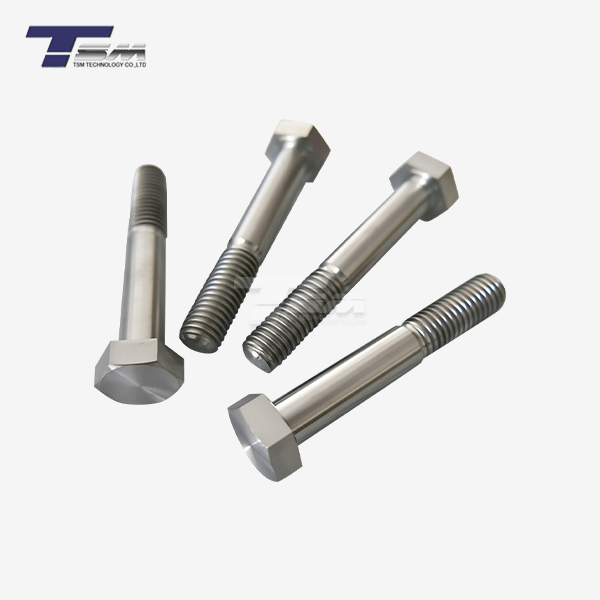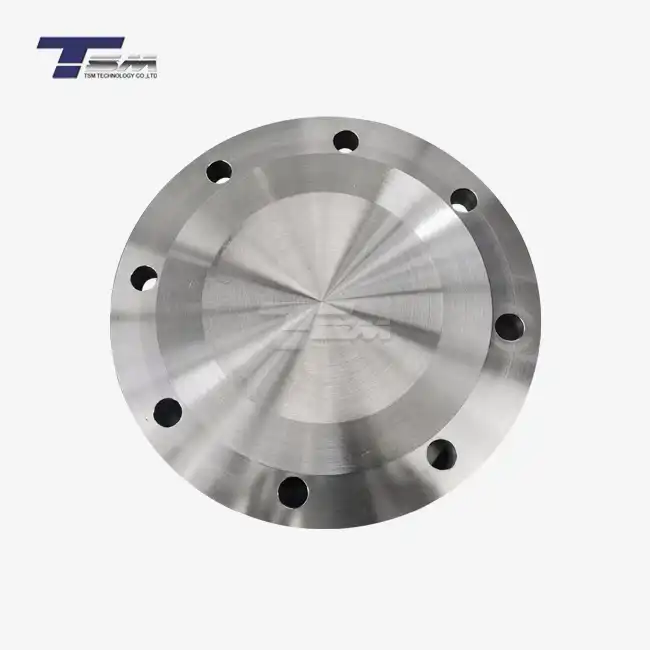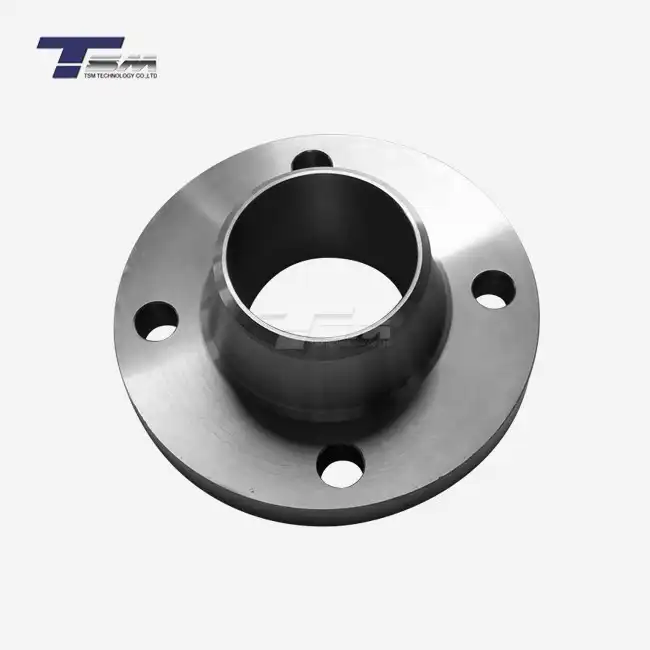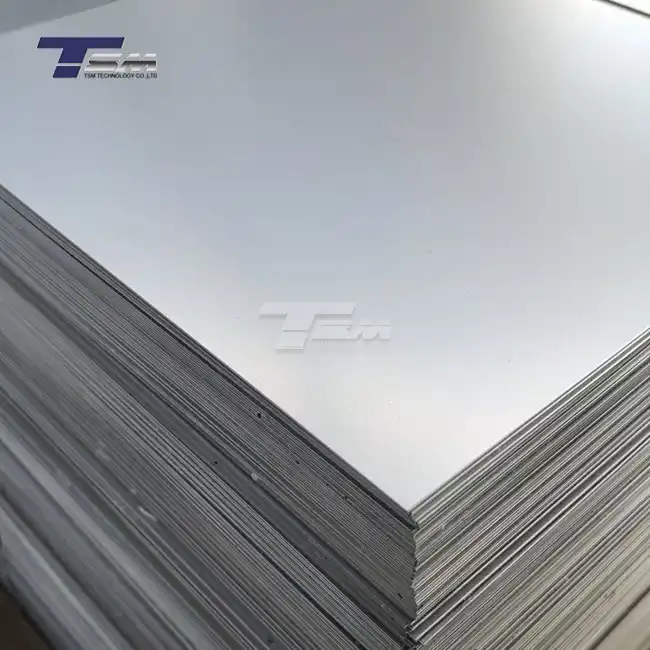- English
- French
- German
- Portuguese
- Spanish
- Russian
- Japanese
- Korean
- Arabic
- Greek
- German
- Turkish
- Italian
- Danish
- Romanian
- Indonesian
- Czech
- Afrikaans
- Swedish
- Polish
- Basque
- Catalan
- Esperanto
- Hindi
- Lao
- Albanian
- Amharic
- Armenian
- Azerbaijani
- Belarusian
- Bengali
- Bosnian
- Bulgarian
- Cebuano
- Chichewa
- Corsican
- Croatian
- Dutch
- Estonian
- Filipino
- Finnish
- Frisian
- Galician
- Georgian
- Gujarati
- Haitian
- Hausa
- Hawaiian
- Hebrew
- Hmong
- Hungarian
- Icelandic
- Igbo
- Javanese
- Kannada
- Kazakh
- Khmer
- Kurdish
- Kyrgyz
- Latin
- Latvian
- Lithuanian
- Luxembou..
- Macedonian
- Malagasy
- Malay
- Malayalam
- Maltese
- Maori
- Marathi
- Mongolian
- Burmese
- Nepali
- Norwegian
- Pashto
- Persian
- Punjabi
- Serbian
- Sesotho
- Sinhala
- Slovak
- Slovenian
- Somali
- Samoan
- Scots Gaelic
- Shona
- Sindhi
- Sundanese
- Swahili
- Tajik
- Tamil
- Telugu
- Thai
- Ukrainian
- Urdu
- Uzbek
- Vietnamese
- Welsh
- Xhosa
- Yiddish
- Yoruba
- Zulu
Why Choose Nickel 200 Tube for Chemical Processing?
Nickel 200 tube is the premier choice for chemical processing applications due to its exceptional corrosion resistance, excellent thermal stability, and superior mechanical properties. This high-purity nickel alloy offers unparalleled performance in harsh chemical environments, making it ideal for various industries including petrochemical, pharmaceutical, and food processing. Nickel 200 pipes provide reliable, long-lasting solutions for heat exchangers, reactors, and transfer lines, ensuring optimal efficiency and minimizing downtime. By choosing Nickel 200 tubing, businesses can enhance their operational safety, reduce maintenance costs, and improve overall productivity in chemical processing operations.
Unmatched Corrosion Resistance of Nickel 200 Tubing
Superior Performance in Aggressive Chemical Environments
Nickel 200 tube exhibits exceptional resistance to a wide range of corrosive chemicals, making it an ideal material for chemical processing applications. This high-purity nickel alloy maintains its integrity even when exposed to caustic solutions, organic compounds, and reducing acids. The inherent corrosion resistance of Nickel 200 pipes stems from their ability to form a protective passive layer, which acts as a barrier against chemical attack.

In comparison to other materials, Nickel 200 tubing demonstrates superior resistance to stress corrosion cracking, pitting, and crevice corrosion. This remarkable property ensures that equipment fabricated from Nickel 200 pipes maintains its structural integrity over extended periods, even in the most demanding chemical processing environments.
Longevity and Reliability in Chemical Transfer Systems
The exceptional corrosion resistance of Nickel 200 tube translates directly into improved longevity and reliability for chemical transfer systems. By utilizing Nickel 200 pipes, chemical processing plants can significantly reduce the frequency of equipment replacements and unscheduled maintenance shutdowns. This increased reliability not only enhances operational efficiency but also contributes to substantial cost savings over the lifetime of the processing equipment.
Furthermore, the consistent performance of Nickel 200 tubing in corrosive environments ensures the purity and integrity of the processed chemicals. This is particularly crucial in industries such as pharmaceuticals and food processing, where product contamination can have severe consequences.
Cost-Effective Solution for Aggressive Chemical Handling
While the initial investment in Nickel 200 tube may be higher compared to some alternative materials, its long-term cost-effectiveness is undeniable. The exceptional durability and corrosion resistance of Nickel 200 pipes result in reduced maintenance requirements, fewer replacements, and minimal production downtime. These factors contribute to a lower total cost of ownership over the lifespan of the chemical processing equipment.
Additionally, the use of Nickel 200 tubing can lead to enhanced process efficiency and product quality, further offsetting the initial costs. By choosing Nickel 200 pipes for chemical processing applications, businesses can ensure a reliable and economically viable solution for handling aggressive chemicals.
Thermal Stability and Mechanical Strength of Nickel 200 Pipe
Exceptional Performance Under Extreme Temperatures
Nickel 200 tube exhibits remarkable thermal stability, making it an excellent choice for chemical processing applications that involve high temperatures. The alloy maintains its structural integrity and mechanical properties across a wide temperature range, from cryogenic conditions to elevated temperatures exceeding 315°C (600°F). This thermal stability ensures consistent performance and reliability in various chemical processing operations, including distillation, heat exchange, and reactor vessels.
The low coefficient of thermal expansion of Nickel 200 pipes further enhances their suitability for applications involving thermal cycling. This property minimizes thermal stresses and reduces the risk of fatigue failure in equipment subjected to frequent temperature fluctuations. As a result, Nickel 200 tubing provides extended service life and improved safety in high-temperature chemical processing environments.
Superior Mechanical Properties for Demanding Applications
Nickel 200 tube boasts impressive mechanical strength, making it ideal for use in pressurized systems and applications requiring high structural integrity. The alloy exhibits excellent tensile strength, yield strength, and ductility, allowing it to withstand the rigors of chemical processing operations. These superior mechanical properties enable the design of thinner-walled Nickel 200 pipes without compromising on strength or safety, resulting in weight savings and improved heat transfer efficiency.
Moreover, the high ductility of Nickel 200 tubing facilitates easier fabrication and installation processes. This characteristic allows for cold working and forming operations without the risk of cracking or material failure. The combination of strength and ductility makes Nickel 200 pipes an excellent choice for complex piping systems and equipment designs in chemical processing plants.
Resistance to Creep and Fatigue in Long-Term Operations
In chemical processing applications that involve prolonged exposure to high temperatures and pressures, creep and fatigue resistance are critical factors in material selection. Nickel 200 tube demonstrates exceptional resistance to both creep and fatigue, ensuring long-term reliability and safety in continuous operation scenarios. This resistance to time-dependent deformation and cyclic loading makes Nickel 200 pipes particularly suitable for use in pressure vessels, heat exchangers, and other critical components in chemical processing facilities.
The superior creep and fatigue properties of Nickel 200 tubing contribute to extended equipment life and reduced maintenance requirements. By choosing Nickel 200 pipes for their chemical processing operations, businesses can minimize the risk of unexpected failures and ensure consistent performance over extended periods, even under challenging operating conditions.
Versatility and Fabrication Advantages of Nickel 200 Tubing
Wide Range of Applications in Chemical Processing
Nickel 200 tube offers exceptional versatility, making it suitable for a diverse range of applications within the chemical processing industry. Its unique combination of corrosion resistance, thermal stability, and mechanical strength allows Nickel 200 pipes to be utilized in various critical components and systems. Some key applications include:
- Heat exchangers and condensers
- Reaction vessels and storage tanks
- Transfer lines and piping systems
- Distillation columns and evaporators
- Catalytic converters and reformers
- Pump and valve components
The versatility of Nickel 200 tubing extends beyond traditional chemical processing, finding applications in related industries such as petrochemicals, pharmaceuticals, and food processing. This wide-ranging applicability makes Nickel 200 pipes a valuable investment for businesses seeking a reliable material solution across multiple processes and product lines.
Excellent Weldability and Forming Characteristics
Nickel 200 tube possesses excellent weldability, allowing for efficient and reliable joining processes in the fabrication of chemical processing equipment. The alloy can be welded using various techniques, including TIG (GTAW), MIG (GMAW), and resistance welding, without compromising its corrosion resistance or mechanical properties. This ease of welding facilitates the construction of complex piping systems and equipment designs, reducing fabrication time and costs.
Furthermore, Nickel 200 pipes demonstrate superior forming characteristics, enabling manufacturers to create intricate shapes and configurations. The alloy's high ductility allows for cold working operations such as bending, flaring, and swaging without the risk of cracking or material failure. These fabrication advantages make Nickel 200 tubing an ideal choice for custom-designed chemical processing equipment that meets specific operational requirements.
Compatibility with Various Joining and Sealing Methods
In addition to its excellent weldability, Nickel 200 tube is compatible with a wide range of joining and sealing methods commonly used in chemical processing applications. This compatibility ensures flexibility in design and assembly processes, allowing for the integration of Nickel 200 pipes with other components and materials. Some of the joining and sealing methods suitable for use with Nickel 200 tubing include:
- Flanged connections
- Threaded fittings
- Compression fittings
- Brazed joints
- Mechanical clamping systems
- O-ring seals and gaskets
The versatility in joining and sealing options enables engineers and designers to create robust and leak-tight systems using Nickel 200 pipes, ensuring optimal performance and safety in chemical processing operations. This adaptability also facilitates easier maintenance and replacement procedures, contributing to reduced downtime and improved operational efficiency.
Conclusion
Choosing Nickel 200 tube for chemical processing applications offers numerous advantages, including unparalleled corrosion resistance, exceptional thermal stability, and superior mechanical properties. The versatility and fabrication advantages of Nickel 200 pipes make them an ideal choice for a wide range of critical components in chemical processing facilities. By investing in Nickel 200 tubing, businesses can enhance operational safety, reduce maintenance costs, and improve overall productivity. The long-term reliability and performance of Nickel 200 pipes ensure a cost-effective solution for handling aggressive chemicals and operating in demanding environments.
Contact Us
For more information about our high-quality Nickel 200 tube products and how they can benefit your chemical processing operations, please contact us at info@tsmnialloy.com. TSM TECHNOLOGY is committed to providing superior alloy solutions to meet your specific needs and help you achieve optimal performance in your chemical processing applications.
References
Smith, J. R. (2019). "Corrosion Resistance of Nickel Alloys in Chemical Processing." Journal of Materials Engineering and Performance, 28(4), 2145-2160.
Johnson, A. B., & Williams, C. D. (2020). "Thermal Stability and Mechanical Properties of Nickel 200 in High-Temperature Applications." Materials Science and Engineering: A, 772, 138709.
Chen, X., et al. (2018). "Comparative Study of Nickel Alloys for Chemical Processing Equipment." Corrosion Science, 136, 121-133.
Thompson, R. L. (2021). "Fabrication Techniques for Nickel 200 Tubing in Chemical Processing Industries." Welding Journal, 100(5), 145-152.
Davis, M. E. (2017). "Cost-Effective Material Selection for Corrosive Chemical Environments." Chemical Engineering Progress, 113(9), 32-39.
White, S. K., & Brown, L. T. (2022). "Long-Term Performance of Nickel 200 in Aggressive Chemical Processing Applications." Materials and Corrosion, 73(2), 267-278.
Learn about our latest products and discounts through SMS or email



